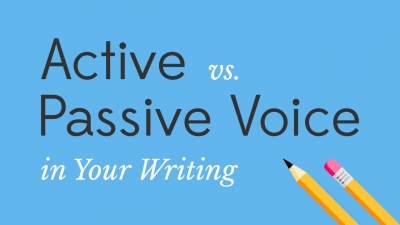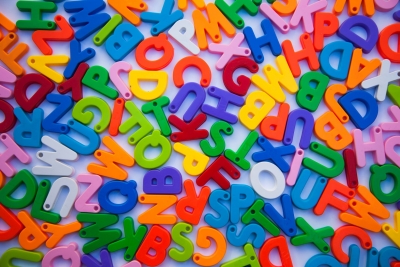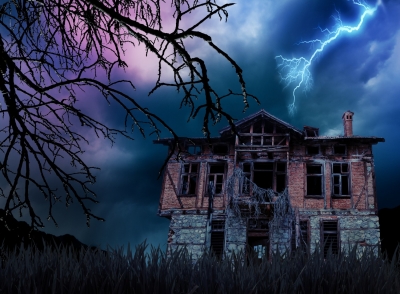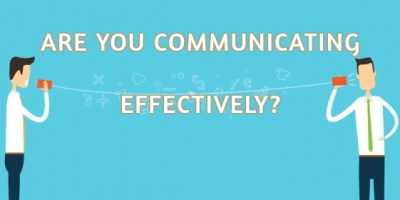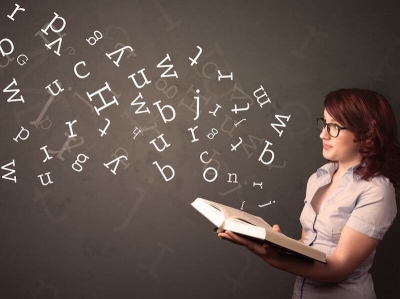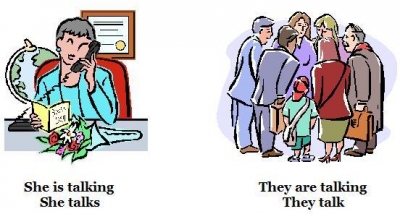How to use synonyms in expressing ourselves?

One of the things that help you write better is to know and use a lot of words. Take verbs for example. We don't just use the word "walk" for all the different ways of walking, right?
You can amble, stroll, saunter, perambulate or stride. And I am sure that there are even more words that mean "walk". So we use different words for different situations, though the action is always walking.
One exercise we routinely did in our classroom was to allot an area on one side of the blackboard to write synonyms for a chosen word that day. A popular word for this exercise was the noun "song." Do you know other words for "song"? Ditty, lay, tune, number, ballad are some of them. Today, we will do this exercise with the word "happiness." The dictionary defines the word "happiness" as "pleasure derived from attaining what you consider to be good.” The word has its roots in the Old Norse "happ”, which means "chance" or "good luck.” That makes sense – maybe happiness is a matter of luck?
"Happiness" as a noun entered the English language in the 16th century, but the adjective "happy" had been around for around 200 years before that
So what are the synonyms for "happiness"?
Exultation
Exultation is "lively or triumphant joy, generally over success or victory." It comes from the Latin "exultationem" and has been used in English since the 1400s. Exultation is what we felt when India recently beat Australia in the fourth and final Test in Brisbane.
Jubilation
Jubilation is "a feeling or loud expression of joy, or a festive celebration." This term entered English in the late 1300s from the Latin meaning "shouting for joy." Cliff Richard has used this word very well in his popular song "Congratulations."
Congratulations and celebrations When I tell everyone that you're in
love with me
Congratulations and jubilations I want the world to know I'm happy as can be
The word has also been immortalised in Simon and Garfunkel's song Cecilia: "Jubilation!
She loves me again; I fall on the floor and I'm laughing."
Rapture
Rapture is "ecstatic delight or joyful ecstasy." It comes from the Latin “raptura" meaning "abduction," "carrying away". But these are not situations to be happy about!
Over the years, the meaning changed and people took it to mean "carrying of a person to another sphere of existence". In Christian theology, the Rapture' will happen when Christ returns to earth.
Bliss
Bliss is "supreme happiness, often associated with the joy of heaven." It comes from the Old English "blis” and is related to the terms bless and blithe. These lines from Wordsworth's poem "Daffodils” bring out the meaning beautifully:
For oft, when on my couch I lie In vacant or in pensive mood,
They flash upon that inward eye Which is the bliss of solitude;
And then my heart with pleasure fills, And dances with the daffodils
Elation
Elation is "a feeling of great joy or pride, or of exultant gladness." In Middle English "elat” meant "proud." The rd travelled from Latin, and reached English through old French.
Elation is what you feel when Kohli hits a century and India wins an ODI cricket match against Australia in the last over.
Glee
Glee is "open delight or pleasure." This term, strangely, has musical associations. At one time, the noun glee was allowed to be used to refer to entertainment of the harmonious variety. In the 17th century, people began to use the word "delight” in the place of "glee".
The word "glee” became obsolete or was used to mean "comic and this was published in dictionaries by editors. Then miraculously, "glee“ re-emerged in common usage in the late 18th century. Equally strangely, glee is now associated with taking pleasure at someone's discomfort. For example: "He gleefully admitted that he had complained about his neighbour."
Joviality
Joviality, according to the dictionary, is a state of hearty, joyous humour celebrating the spirit of good fellowship. The word comes from the Latin "lovints", meaning "of or pertaining to Jupiter," the Roman god of the sky. Was Jupiter a happy guy? Maybe!
Euphoria
Since 1727, it has been a physician's term for "condition of feeling healthy and comfortable (especially when sick)," It is a Latin medical term from the Greek "euphoria" meaning "power of enduring easily," which is from "euphoros". meaning "bearing well" from "eu", meaning "well" + "pherein" meaning "to carry".
Some medicines create a sense of euphoria. This term has existed in English since the late 1600s. Of course, all of us can be euphoric when we are extremely happy about something.
Felicity
Felicity is "the state of being happy, especially in a high degree." It's taken from the Latin root, "felix", meaning "happy, fortunate, fruitful, fertile."
It is associated with the Roman sentiment that "what produces more crops produces more happiness."
Let me add here: Both men and cats are given the name Felix.
Gaiety
Gaiety is "a state of being vivacious and cheerful.” It is from the old French "gai", meaning “joyful, agreeably charming, forward, pert.” Gaiety is what you see when a group of people are enjoying themselves at a party, a festival or a family function. For instance: Diwali was celebrated with a lot of fervour and gaiety.
Picture Credit : Google
